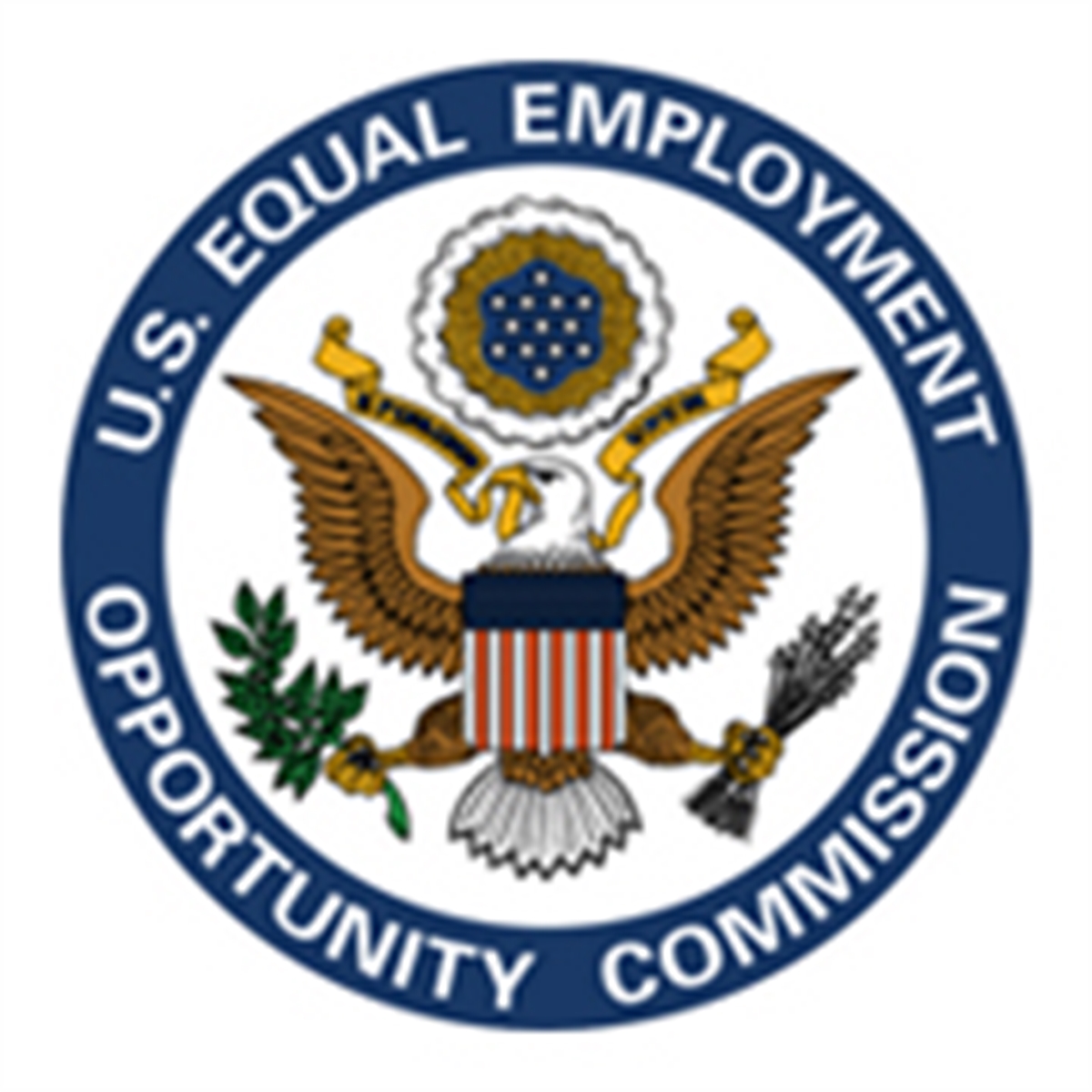Federal agency accuses nonprofit of refusing to accommodate deaf and hard of hearing employees and firing those who requested sick leave
WASHINGTON – Didlake, a government contractor that provides cleaning and maintenance employees to federal worksites throughout Virginia, Maryland and the District of Columbia, will pay $1,017,500 and provide programmatic relief to settle a disability discrimination lawsuit brought by the U.S. Equal Employment Opportunity Commission (EEOC), the federal agency announced today.
According to the lawsuit, Didlake, a nonprofit that employs a large number of employees with disabilities, failed to provide communication assistance, including American Sign Language (ASL) interpreters, to deaf employees and maintained a policy of terminating employees who requested medical leave but did not qualify for leave under the Family and Medical Leave Act (FMLA).
These practices violate the Americans with Disabilities Act (ADA), which requires employers to provide reasonable accommodations to employees with disabilities absent undue hardship. After attempting a pre-litigation settlement through its administrative conciliation process, the EEOC filed suit in the U.S. District Court for the District of Maryland (EEOC v. Didlake, Inc., Case No. 8:23-cv-2618).
The five-year judgment settling the lawsuit includes monetary relief for two employees and the estate of a third individual. It also provides monetary relief for two groups of plaintiffs: current and former maintenance and cleaning employees who were denied communication assistance because they were deaf or hard of hearing, and former employees who were fired because they needed medical leave but were not eligible for FMLA leave. In addition to the monetary relief, Didlake will update and supplement its existing policies regarding leave and reasonable accommodations, provide training to management on the ADA, and educate all employees on how to request reasonable accommodations.
“This case is an important reminder that employers must provide effective accommodations to employees who are deaf or hard of hearing,” said Debra M. Lawrence, Regional Attorney for the EEOC’s Philadelphia office. “These accommodations must be provided on an ongoing basis so that these employees can participate in meetings and other workplace communications.”
“Under the ADA, employers must provide medical leave as a reasonable accommodation to qualified individuals with disabilities unless the accommodation would cause undue hardship or expense to the employer. This also applies to employees who are not eligible for leave under the FMLA,” said Mindy Weinstein, EEOC’s Washington Office Director.
For more information about disability discrimination, visit https://www.eeoc.gov/disability-discrimination .
The EEOC’s Washington Field Office covers Washington, DC and parts of Virginia. Attorneys in the Philadelphia District Office prosecute discrimination cases within the Washington Field Office’s jurisdiction.
The EEOC prevents and remedies unlawful employment discrimination and provides equal opportunity for all. For more information, visit www.eeoc.gov.

